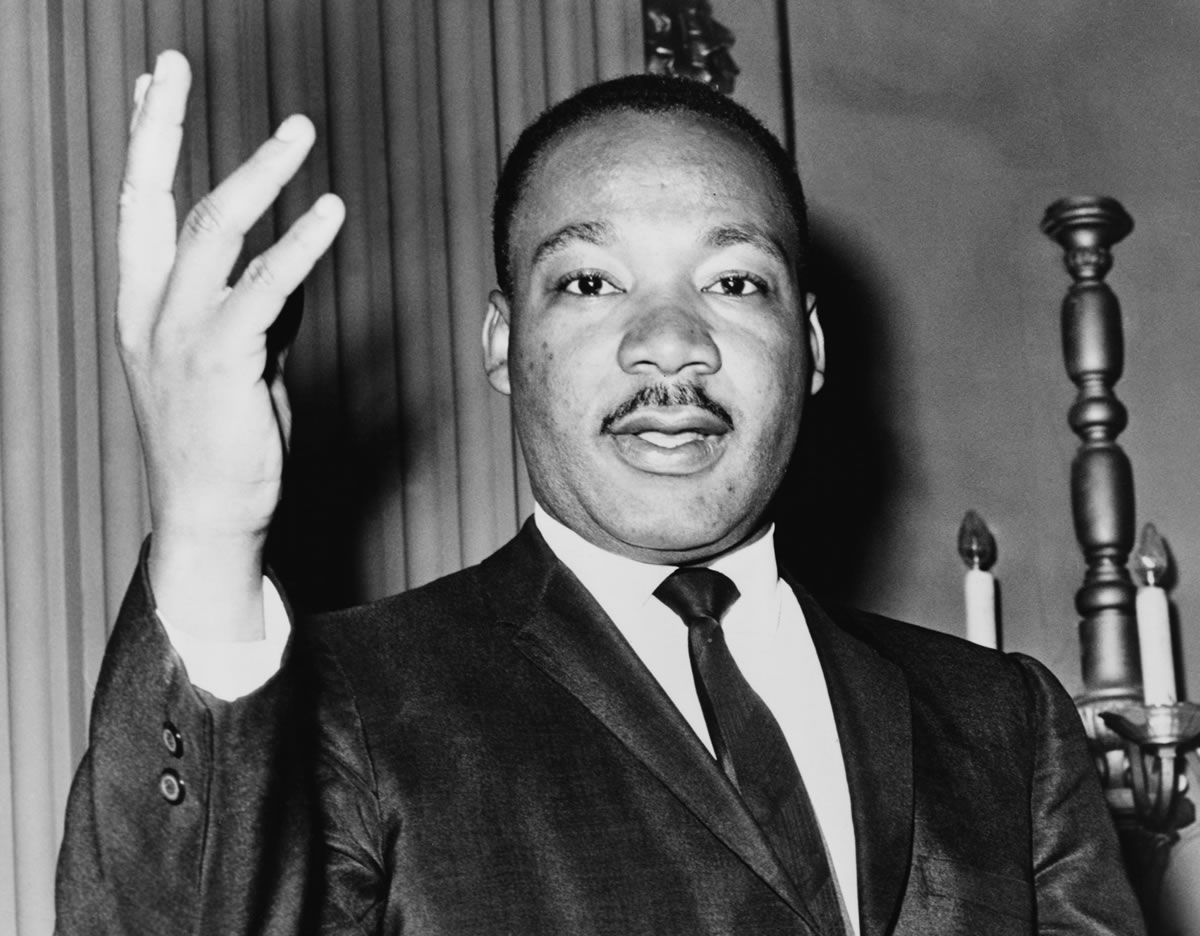

Share
Sunday would have been the 88th birthday of the Rev. Dr. Martin Luther King, Jr., whose activism linked the causes of civil, labor and human rights.
“Human progress is neither automatic nor inevitable,” King said in 1961. “Every step toward the goal of justice requires sacrifice, suffering and struggle; the tireless exertions and passionate concern of dedicated individuals.”
King saw the labor movement as a vehicle for improving people’s lives. He was assassinated in April 1968 while in Memphis, Tenn., speaking out on behalf of striking sanitation workers represented by AFSCME. The night before his death, he delivered one of his most famous speeches, “I Have Been to the Mountaintop.”
Read the full text of his speech here.
On numerous other occasions, including speeches to union conventions, King spoke out about the important role played by labor unions.
“The labor movement was the principal force that transformed misery and despair into hope and progress,” King said at the Illinois AFL-CIO convention in 1965. “Out of its bold struggles, economic and social reform gave birth to unemployment insurance, old age pensions, government relief for the destitute, and above all new wage levels that meant not mere survival, but a tolerable life. The captains of industry did not lead this transformation; they resisted it until they were overcome.”
Read excerpts from King’s speeches on the AFSCME website.
King’s legacy will be commemorated on Monday, Martin Luther King, Jr., Day, across the nation, including a breakfast at the Minneapolis Convention Center featuring Myrlie Evers-Williams, author and civil rights activist. Evers-Williams was the wife of murdered civil rights activist Medgar Evers.

